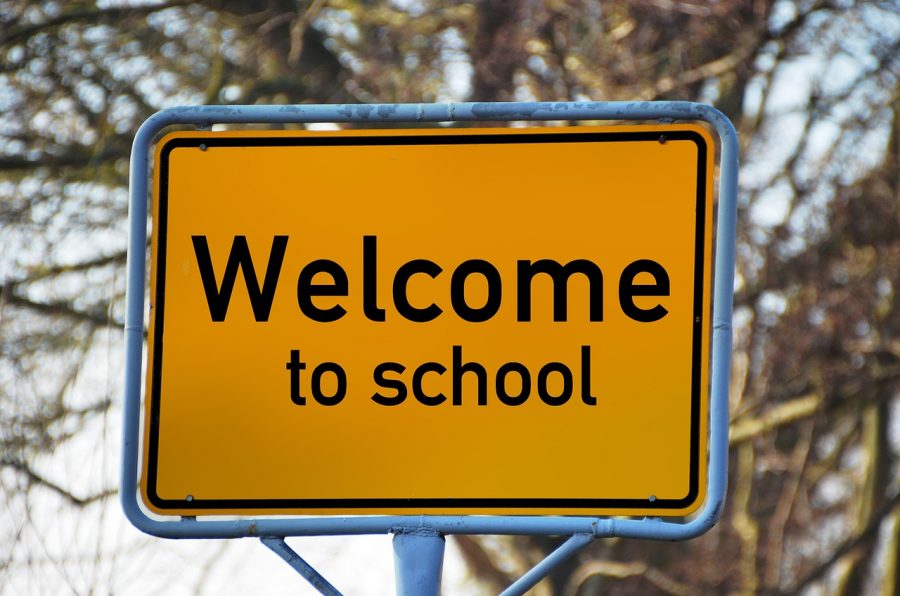High school is often criticized for not being enough like ‘real life’. Many important life skills aren’t taught in schools, though many students think they should be. People are expected to walk into the real world with knowledge of basic skills they might not have learned. There are students who feel like it isn’t important, or that what is taught won’t help you later in life. This can be frustrating for teachers and for students, who might both feel as if their time is wasted. But how true is it that what we learn in school won’t help us? If it doesn’t, what needs to change?
Different School Systems
Rhiannon Cosslett of the Guardian says that, “What you learn at school is entirely dependent on where you end up, how good your teachers are, which exam board they are using, and whether your school is well funded or deprived and stretched for resources.” Students across countries are clearly subject to the whims of bureaucracy. A school system in one country might be completely different to another, and a school system in one county might be completely different to another, too. This is a problem for many reasons. Mainly, though, it means students will be coming out of high school and into the real world, whether that be college or otherwise, with varying levels of skills.
Skills Breakdown
These skills aren’t often very helpful, either. Survey takers listed numerous skills they wish had been taught in schools but weren’t. Some skills were how to manage finances, pay taxes, sew, and how to act in the workplace. All of these skills appear to be very important not just to survey takers, but any person who wants to be an active member of society. How is a person meant to participate in society today without knowing how to pay taxes or act in the workplace?
Practical skills are also very important. Survey takers listed technical skills like wood shop or mechanics alongside household skills as important classes they wish had been offered, a jarring result with the death of most technical classes. According to Forbes, in 2012, ” Los Angeles Unified School District (LAUSD) with 660,000 students in K-12 [had] already eliminated 90% of shop classes.” These technical classes being eliminated make way for many other classes that might be in the humanities or sciences. Classes like those, especially for students who may not be technically inclined, are very important. But it is also important to have classes for the student who might not want to go to college. Some students want to learn a skill for the workforce, and some might not just be very good at academics. All of these students matter, but recent years have shown a tilt in the balance.
Importance of Technical Skills
Less and less schools are offering hands-on classes to students. The balance continues to tip in the region of academic classes. This is dangerous for a good number of reasons. Mainly, it forces students who might thrive in technical classes into classrooms that might stifle them. It deprives students of opportunities to learn skills that might guarantee them a job or an apprenticeship in their future. Schools leave them with only the option of college– an option that isn’t in the cards for everyone. It also means that less and less people will be entering the workforce and careers like plumbing, mechanics, and carpentry. All of these are extremely important careers, and there shouldn’t be a decrease in workers in these fields just because schools want to tout more AP classes.
Youth today are criticized for not knowing enough life skills. They are often made fun of for not knowing about basic skills that are very important. It can’t just be the responsibility of the students to learn these things, though. Young people need to have trusted sources of knowledge and places where they can learn freely about life skills. What better place than a school? Today, the most important thing schools can do is teach students about real life, and about everything they need to succeed. From college preparation to wood shop to financial literacy, all of these skills are extremely important in molding a well-rounded student today, who will grow up to be the leaders of tomorrow.













